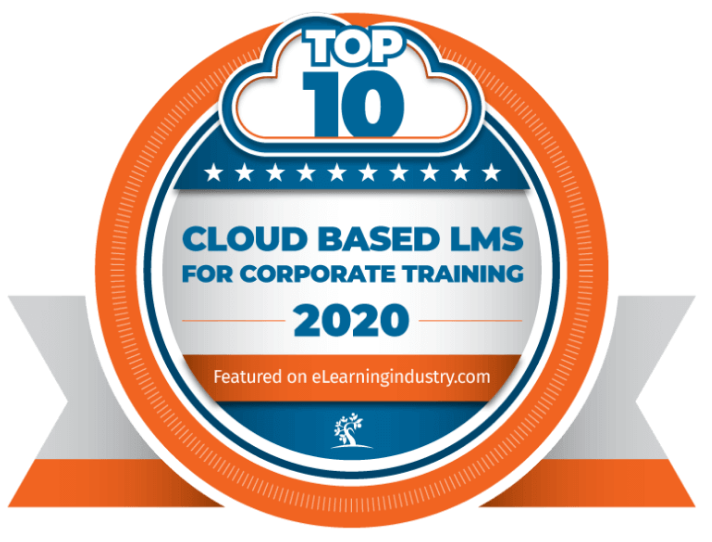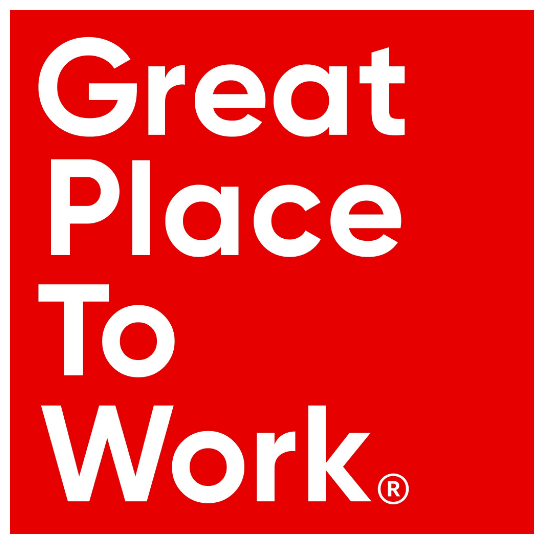October 3, 2024
Revolutionizing Training with Learning Experience Platforms (LXPs)

Learning Management Systems (LMS) have revolutionized training platforms by offering a single-window system to manage training resources, progress tracking, and performance data analysis. The LMS platforms enhance the training methodology to provide an all-inclusive learning experience among departments. They are especially good at addressing compliance and certification training projects that result in innovative learning methodologies.
While LMSs have been effective in many ways, their limitations are becoming increasingly apparent. Their rigidity and traditional structure often overlook the diverse learning approaches of individuals. This underscores the need for a more dynamic learning environment, a need that Learning Experience Platforms (LXPs) are designed to address.
LXPs are not just a response to the limitations of LMSs; they represent a significant leap forward. Their design and operation are geared towards flexibility and the accommodation of a wide range of learning styles, abilities, and preferences that traditional LMSs cannot match. This is a clear advantage for learners using LXPs, opening up new opportunities for growth and development.
A report published by FNF Research states that the global LXP market will be worth $508.5 million in 2020. By 2026, it is expected to reach $2.2 billion, growing at a rate of 25%. This growth not only underscores the increasing importance of learning experience platforms in today’s education but also instills a sense of optimism for the future of educational technology.
The transition from learning management systems to learning experience platforms is not just about technology. It signifies a significant shift in the way training programs are created. The traditional top-down training model has evolved into a more personalized, adaptive approach that mirrors the ever-changing needs of today’s learners.
Key Shifts from LMS to LXP
1. Transitioning from ͏Traditional Top-Down Training to Customized Development
Traditional LMS configurations provide the management with control over the content and learning paths of employee training. One-size-fits-all options are limiting in terms of allowing options for autonomy and engagement. Learning experience platforms allow employees to generate learning paths based on roles, processes, and career objectives. LXPs strongly emphasize personalizing each individual’s learning experience by allowing employees to adapt the paths to suit their unique training needs.
2. Shifting from Closed Content Systems to Open Resource Platforms
LMS platforms tend to work like closed systems͏, restricting access to their learning content. This complicates the life of administrators who are constantly asked to develop ͏content and ͏probably even define learning options ͏for employees looking for information. In contrast, LXPs rely on a content framework that enables them to incorporate external resources.
Besides, LX͏Ps encourage the employees to develop their content, which enables knowledge transfer through discussions, Q&A systems, and ͏proposals. Thus, it supports the learning approach and prolongs the capacity of all users’ learning.
3. From Compulsory Training to Self-directed Growth
Moving from training to self-directed growth means not just looking at LMS systems as compliance training tools but using them as drivers for fostering͏ passion for learning. Many employees perceive LMS as an obligation and not a way of growing; LXPs focus on the employees by putting them in control of learning pa͏ths. With LXPs, it’s all about employees choosing the content and creating their learning paths to align with their development goals, which enables career advancement.
Enhance Learning Capabilities with LXPs Benefits
LXPs fill the gaps in learning models among newbies:
Personalized Approach: LXPs detect individual differences of newbies using smart algorithms that suggest customized ͏learning pathways and best fit diverse learning styles, strengths, ͏and improvement areas. This approach ensures that employees ͏have enough resources to achieve learning outcomes.
Accessibility at Your Fingertips: LXPs eliminate time and location restrictions for employees to access learning. Thus, individuals can conveniently look up how to improve their skills and effectively integrate that enhancement into whatever they are doing without any restriction in geographical terms.
From Passive to Active Consumption: LXPs amplify the reach of backdated content by effectively switching from passive to active participation. They̱ promote learner engagement through modules, interactive learning̱ experiences, and collaboration tools. Learning targets memory and how to apply knowledge to solve challenges while increasing knowledge.
Continuous Improvement with Immediate Feedback: L͏XPs perform ongoing evaluation, providing feedback to help the individual͏ identify areas needing improvement and make necessary adjustments. This keeps the attitude career-or͏iented͏ and accelerates mastering of skills.
Overcoming Distance Barriers: LXPs have overcome the dependency on expensive packages to reach the information of one’s choice. These platforms eliminate distance barriers by making quality academic resources accessible for people in remote areas and create an opportunity for inclusive and at-par learning.
Changing Trends Adoption: Leverage the changing patterns where LXP focuses on timely content delivery by linking to various sources and curating dynamic material that helps employees stay on par with the trends and uphold their expertise.
Varied Learning Experiences: LXPs offer various teaching methodologies and thus provide a range of opportunities, simulations, and on-the-job activities to let beginners participate with the utmost ease and ensure that the information is represented effectively and clearly.
Optimized Learning System: The learning experience platforms focus on individual learning journeys. In this case, the learners can invest time in improving needed skills rather than sharpening those they already possess. This approach, in practice, will fast-track their progress.
Personalized Learning Pathways: Learning journeys are tailored to each individual’s learning path with strengths and gaps. It would offer recommendations of learning opportunities that best meet the needs, which leads to more engagement and better skill development.
How to Ensure Success on Your Learning Experience Platforms: Strategies For͏ Effective Implementation
Consider using an LXP to effectively train ͏your team through a well-thought-out plan beyond just installing software programs. Here are the steps to be followed for optimum success:
- Clearly define your goals. For what particular challenge would you want to use this LXP? Is it ͏ for developing skills or for enhancing the onboarding process of the employees? This will help align features and content effectively.
- Ensure you have picked the best training resources for your learning experience platform. Create standards to develop and curate exquisite content.
- Encouraging participation is important to motivate users to ͏engage with an LXP rather than sign in and sign out. Examples include discussion forums, the ability to leave peer feedback, or extra training that holds a user’s interest.
- Learners or users might be unwilling͏ to switch to a new learning tool. Communicate how LXP can help enhance their skills and knowledge, career opportunities, and career paths.
- Train the instructor to enable beginners and administrators to use the LXP competently. Train the users through sessions on how to maximize the usage of the platform features and functionality.
- Support shall include developing a mechanism for dealing with queries ͏and͏ resolving problems concerning LXP. This includes offering a help center managing a knowledge database͏ or assigning an employee to do support.
- It is essential to introduce LXP to screen-person interactions and acquire remarks on their reviews. Use that feedback to improve the platform͏ for every user.
Conclusion
Empower your team members to lead their learning journey and foster development. Learning experience platforms can achieve this very well. LXPs provide an avenue for learning attuned to the changing ͏needs of the contemporary labor force. By capitalizing on more than 25 years of͏ experience as an ally in education, our deep understanding of your needs comes with Unlock: LEARN.
We have designed our platform to fit your company’s needs in providing inclusive support for training management. Request a demo today!







